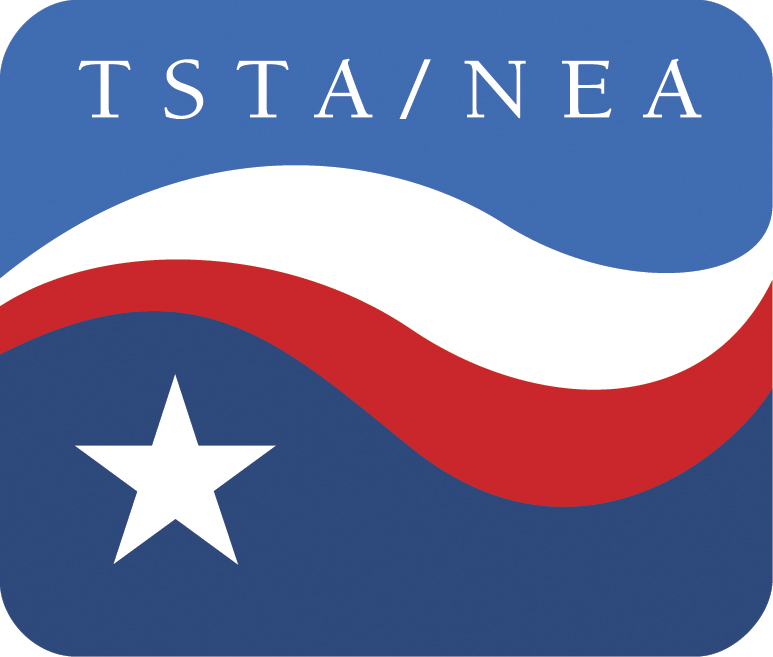Needing an education in education
Ben Carson was a brilliant neurosurgeon. But as a presidential candidate he has indicated an acute need for more education, including but not limited to more education in ancient Egyptian history and an education in education itself, specifically the importance of public schools.
While they were in Milwaukee for the Republican debate earlier this week, Carson and Sen. Marco Rubio sat down for separate interviews with public school-basher Campbell Brown, a former TV newswoman who now heads “The Seventy Four,” an online “news” organization dedicated to expanding charter schools and privatization and blaming teachers unions for most of the world’s problems. That is not exactly how Brown characterizes the organization, but that is certainly the reputation it has earned.
In his interview, Carson endorsed vouchers for low-income kids and rated various education options.
“We know that the very best education is home school,” he said. “The next is private school. The next is charter schools, and the last is public schools. If we want to change that dynamic, we have to offer some real competition to the public schools.”
That makes about as much sense as Carson’s much-publicized historical “insight” that the biblical Joseph had the Egyptian pyramids built to store grain.
Granted, the public schools that Carson attended in Detroit had serious deficiencies, and he had a strong mother who helped inspire him to succeed. But whether Carson admits it or not, the vast majority of children in this country – particularly in depressed, low-income neighborhoods – are going to be educated in traditional public schools, if they are educated at all. And, the last thing those kids need is to see their neighborhood schools get slammed with more budget cuts so that a handful of children can get tax-paid vouchers to attend private school.
In his interview, meanwhile, Rubio said Democratic presidential frontrunner Hillary Clinton was “fully owned by teachers unions,” which he portrayed as evil “special interests.”
Members of teacher unions are working every day to deliver a quality education to all their students and advance educational opportunities for every child. Their interest is universal, and their success is crucial to our country’s future – regardless of who the next president is.
